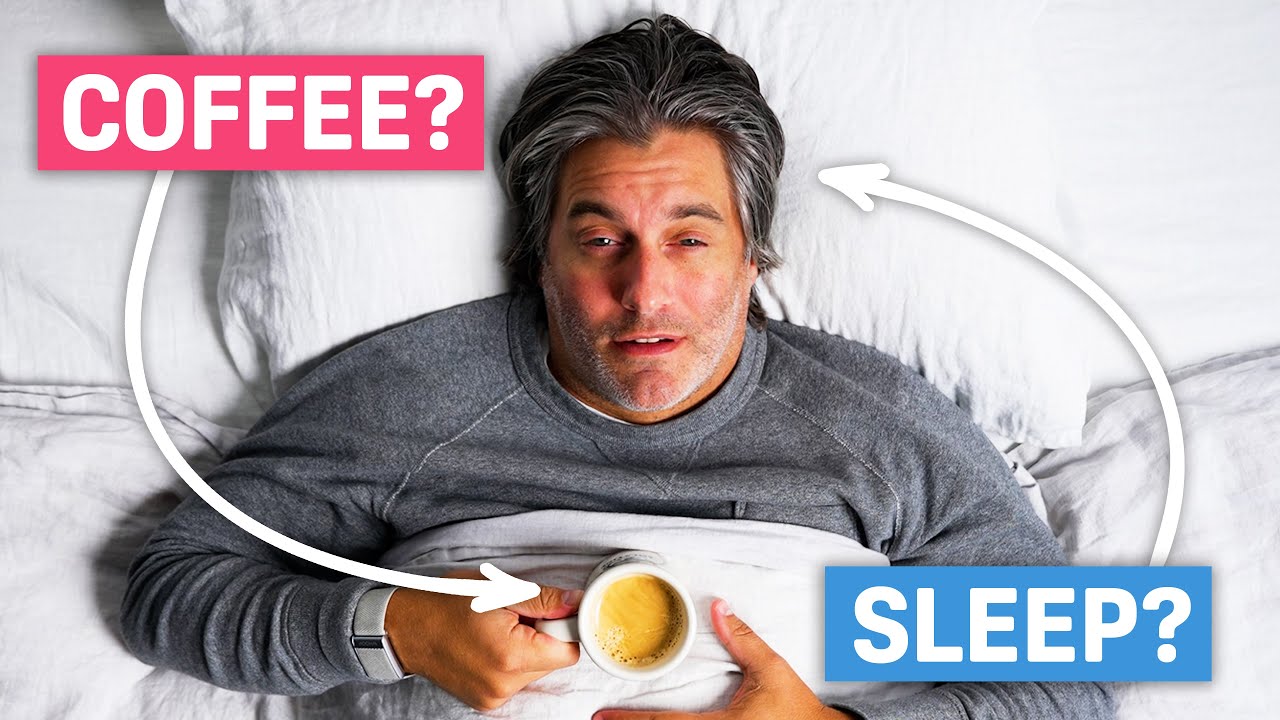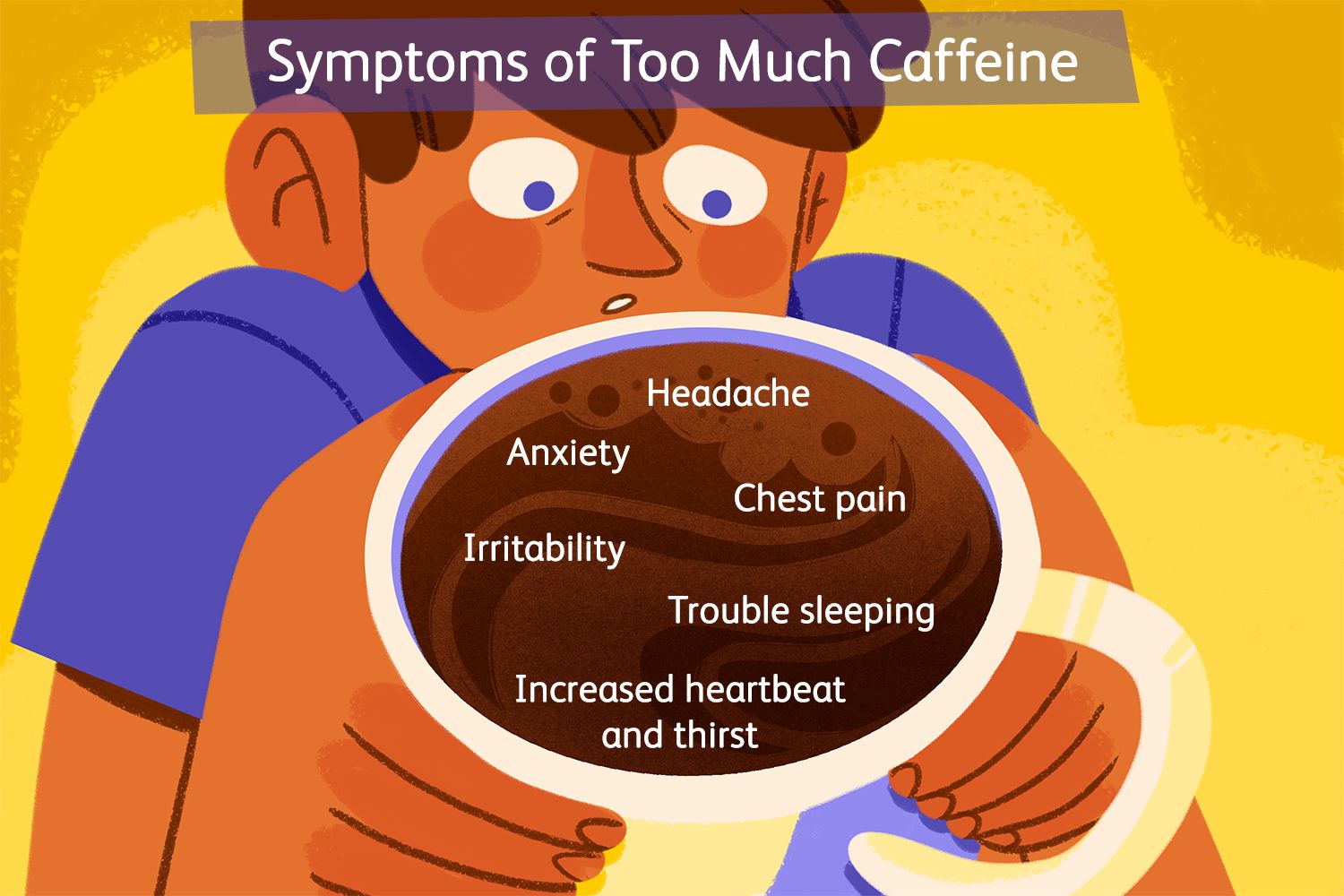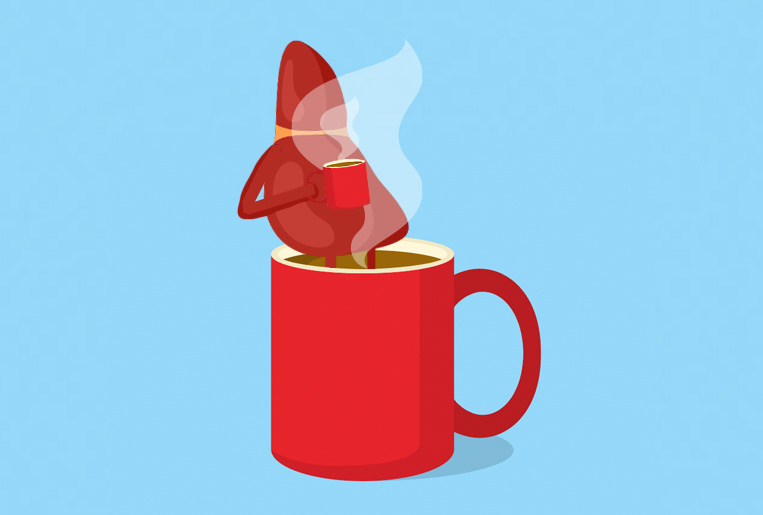
The importance of Coffee is immense in many of our lives. Many of you, like me, swear by the kick of morning coffee to get ourselves started. It is only natural to question the health implications of the most consumed beverage globally for addicts and the curious alike.
Read on as we explore the debate of caffeine vs. decaffeinated coffee health benefits!
Before we jump into the caffeine vs decaffeinated coffee debate, it is important we understand what caffeine and decaf are respectively.
Caffeine: What Is It?
Caffeine is a natural compound present mostly in tea and coffee plants. It stimulates the central nervous system because it is classified as a psychoactive drug. A psychoactive drug is a chemical substance that influences brain function and alters perception, mood, consciousness, cognition, or behavior. It is the most commonly consumed psychoactive substance in the world. The most popular caffeine-containing drink is coffee. Caffeine is also present in green tea, soft drinks, energy drinks, cocoa, and dark chocolates. The darker the chocolate, the higher its caffeine content.

The caffeine content per 150 ml of some popular beverages is as follows:
- Brewed coffee: 80-120 mg
- Instant coffee: 50-65 mg
- Tea: 30-65 mg
- Energy drinks: 31-100 mg
- Espresso: 150-450 mg
- Soft drinks: 12.5-25 mg
Why has Caffeine become such an Integral Part of Modern Life?
Caffeine is mostly popular because of its stimulating effect. It works primarily on the brain, affecting the function of neurotransmitters and exerting a stimulating effect. This helps you stay alert and prevent fatigue. It surely helped many of us power through that long night before an exam! People also consume caffeine because of its unique taste.
How does Caffeine Help you Stay Awake?
When we consume caffeine, it is absorbed through the stomach into the bloodstream. It then travels to our brains. Due to its stimulating effect, caffeine increases brain activity and also influences other parts of our central nervous system. It may also increase blood adrenaline levels and increase brain activity of the neurotransmitters dopamine and norepinephrine.

However, the effect of caffeine might be different for different individuals. Some people might feel energized, while others might feel nervous or restless after consuming caffeine. This is dependent on three main factors:
- How much and how often do you consume caffeine: Those who drink coffee every day can tolerate much more than those who drink it only rarely.
- Your mental and physical health: If you have anxiety, panic disorder, heart arrhythmia, high blood pressure, diabetes, take medication, or have any sort of medical condition, then you may tolerate less caffeine.
- Genetics: Depending on your genetic makeup, you may tolerate a lot of caffeine, or very little. Most people are somewhere in the middle.
Does Caffeine do anything apart from Helping you Stay Awake?
Caffeine does so much more than just keeping you awake. Some other health benefits of drinking caffeine-containing beverages are:
- Improves cognitive function
- Increases effectiveness of pain relievers
- Lowers risk of diseases such as Alzheimer’s and Parkinson’s
- Improves liver health
- Lowers risk of type 2 diabetes
- Reduces depression
- Boosts metabolism
- Promotes weight loss
- Supports gut health
- Decreases cancer risk

However, caffeine is beneficial only when consumed in moderation.
The US Department of Agriculture (USDA) considers a daily intake of 400 mg of caffeine as safe. This amounts to 2–4 cups of coffee per day.
According to the National Institute of Nutrition, excess caffeine consumption (> 200 mg) can produce negative effects like nervousness and anxiety, especially in people who do not usually consume caffeine-containing beverages.
What are the Negative Effects of Consuming Caffeine?
The negative effects of excess caffeine consumption are:
- Insomnia or sleep disturbances
- Anxiety
- Digestive problems
- Muscle breakdown
- Frequent urination
- Addiction
- High blood pressure
- Rapid heart rate
- Behavioral disorders in children
- Reduced fertility and delayed conception

Thus, caffeine has both positive and negative effects on our health, but consuming it within the recommended limits is safe. Unfortunately, most of us consume way more caffeine than we should.
A study published in the Indian Journal of Community Medicine in 2016 reported that the average caffeine consumption among urban school-going adolescents (class 9–12) from Delhi was higher than that of adolescents from developed nations. Coffee and tea were the most common types of drinks consumed by the participants, followed by soft drinks, chocolates, and energy drinks.
Dr. Piyush Gupta, Department of Pediatrics, Guru Teg Bahadur Hospital, University College of Medical Sciences, and author of the study, says, “Excessive consumption of caffeinated beverages can have a negative effect on health in terms of optimal sleep, overall growth and development, and the risk of engaging in risky behaviors.”
Side-Effects for Children
Young children may be vulnerable to the effects of caffeine because they weigh less. For example, a typical can of soda contains about 45 mg of caffeine on average. In an adult weighing about 70 kg, the effective dose is 0.6 mg/kg, but in a child weighing 20 kg, the effective dose of the same soda would be 2.25 mg/kg. Thus, the physiological impact of a single soda on a child may be equivalent to the impact of two cups of coffee on an average-sized adult.
Adolescents may also be particularly vulnerable to the sleep-disrupting effects of caffeine because they may also use caffeinated beverages to stay awake. Some studies suggest an association between caffeine consumption and long-term behavioral problems in youth, such as anger, violence, sleep disturbances, and alcohol and drug use.
The consumption of highly caffeinated energy drinks has been associated with elevated blood pressure, altered heart rates, and severe cardiac events in children, adolescents, and young adults, especially those with underlying cardiovascular diseases.
For most children, adolescents, and young adults, safe levels of caffeine consumption have not been established. Studies of safe doses and the effects of chronic use are paramount to understanding the implications of caffeine.
Other than children and adolescents, pregnant women are also particularly vulnerable to the effects of caffeine. According to a study, consuming > 400 mg of caffeine per day can increase the risk of miscarriage. The different psychoactive compounds can also cross the placental barrier and alter the development of the fetal brain. Thus, the USDA recommends pregnant women limit caffeine intake to < 200 mg/day.
Unfortunately, despite having so many side effects, the government has not yet set a minimal safe limit on caffeine, except for an upper limit of 300 mg/day for healthy adolescents.
What is Decaf?
Decaffeination is the removal of caffeine from coffee beans, cocoa, tea leaves, and other caffeine-containing materials. Many people nowadays are switching to decaf alternatives, especially decaf coffee, because they like the taste of coffee but want to reduce their daily caffeine intake for some reason. Decaf coffee is just like regular coffee but with a low caffeine content. It contains 0–7 mg of caffeine per 180 ml.
_1729492917.jpg)
Decaf coffee is prepared by washing the coffee beans in organic solvents, such as water or carbon dioxide, to remove 97% of their original caffeine content. The nutritional value of decaf coffee is almost identical to that of regular coffee. However, the taste and smell may become a little milder, and the color may change. This can make decaf coffee more appealing to people who do not like the bitter taste and smell of regular coffee.
Caffeine vs. Decaffeinated Coffee
Is decaf better than regular coffee? This is a very difficult question to answer, as most studies assess coffee intake without distinguishing between regular and decaf coffee, and some don’t even include decaf coffee.
In the debate between caffeine and decaffeinated coffee, it would be safe to assume that most of the health benefits of coffee that do not concern caffeine will be present in decaffeinated coffee as well.

As mentioned above, a person’s caffeine tolerance is subject to a variety of factors. Individuals who are very sensitive to caffeine can consume decaffeinated coffee without the negative side effects.
Pregnant and lactating women are generally advised to cut down significantly on their consumption of coffee and caffeinated beverages. This can be particularly challenging for some women who drink coffee every day. Decaf coffee can be the perfect alternative for these women.
Know about beverages you should avoid during pregnancy here!
Decaf Coffee Benefits
There is some research that indicates the benefits of decaffeinated coffee on our bodies. Moreover, many of the health benefits of coffee that do not concern caffeine are also present in decaffeinated coffee.
Decaffeinated Coffee and Type 2 Diabetes
A meta-analysis (a study that statistically combines the findings of several important similar studies to reach a conclusion with a high degree of confidence) funded by the National Institutes of Health and published in Diabetes Care (2014) inferred that both caffeinated and decaffeinated coffee helped reduce diabetes risk.
“Coffee consumption was inversely associated with the risk of type 2 diabetes in a dose-response manner. Both caffeinated and decaffeinated coffee was associated with reduced diabetes risk.”
– Caffeinated and Decaffeinated Coffee Consumption and Risk of Type 2 Diabetes: A Systematic Review and a Dose-Response Meta-analysis (Diabetes Care. 2014 Feb).
Other studies have also agreed with this finding. Therefore, as you can see, there is more to coffee than just caffeine.
Know about type 1 and type 2 diabetes here!
Decaffeinated Coffee and Liver Health
Research supported by the Intramural Research Program of the National Institutes of Health, the National Cancer Institute, and the Department of Health and Human Services concluded that coffee intake leads to better results in liver function tests.
“Higher intakes of coffee, regardless of its caffeine content, were associated with lower levels of liver enzymes.”
Liver function tests are groups of blood tests that indicate the state and health of a patient’s liver. Elevated liver enzymes may indicate inflammation or damage to cells in the liver. Lower levels of liver enzymes are indicative of better hepatic health.

Decaffeinated Coffee and Brain Health
A study published in the journal Neurochemistry International found that bioactive compounds present in coffee such as chlorogenic acid had neuroprotective effects on human health.
“…neuroprotective efficacy of caffeinated coffee was similar to that of decaffeinated coffee, indicating that active compounds present in both caffeinated and decaffeinated coffee, such as chlorogenic acid, may drive the effects.”
– Neurochemistry International (Volume 60, Issue 5, April 2012, Pages 466-474)
Decaffeinated Coffee and Acid Reflux
Acid reflux is a common condition that features burning pain in the lower chest area. It happens when stomach acid flows back up into the food pipe and is commonly referred to as heartburn. This is normally prevented by a muscle called the diaphragm, which separates the stomach from the upper GI tract. However, in many individuals, the diaphragm doesn’t close completely or opens up too often, causing the symptoms of heartburn.
Drinking coffee can worsen the symptoms of acid reflux for many individuals. Decaffeinated coffee is an ideal substitute for these individuals, as it lessens the symptoms significantly.
“Coffee, in contrast to tea, increases gastro-oesophageal reflux, an effect that is less pronounced after decaffeination. Caffeine does not seem to be responsible for gastro-oesophageal reflux which must be attributed to other components of coffee.”
– Alimentary Pharmacology & Therapeutics 1994 Jun

Conclusion
Thus, in the battle of supremacy between caffeine and decaffeinated coffee, there is no clear winner. Both have their advantages and disadvantages and more importantly, research in this domain is far from conclusive or complete.
So, if you're pulling an all-nighter trying to finish up an assignment due in a few hours, by all means stick to normal coffee, as you’ll probably need the boost caffeine will provide. On the other hand, if you’re sensitive to caffeine, pregnant, suffering from heartburn, or just enjoying the texture and aroma of coffee late at night, you should probably open up that pack of decaffeinated coffee. Which side are you on in the caffeine vs. decaffeinated coffee debate? Let us know in the comments section below!


.png)


